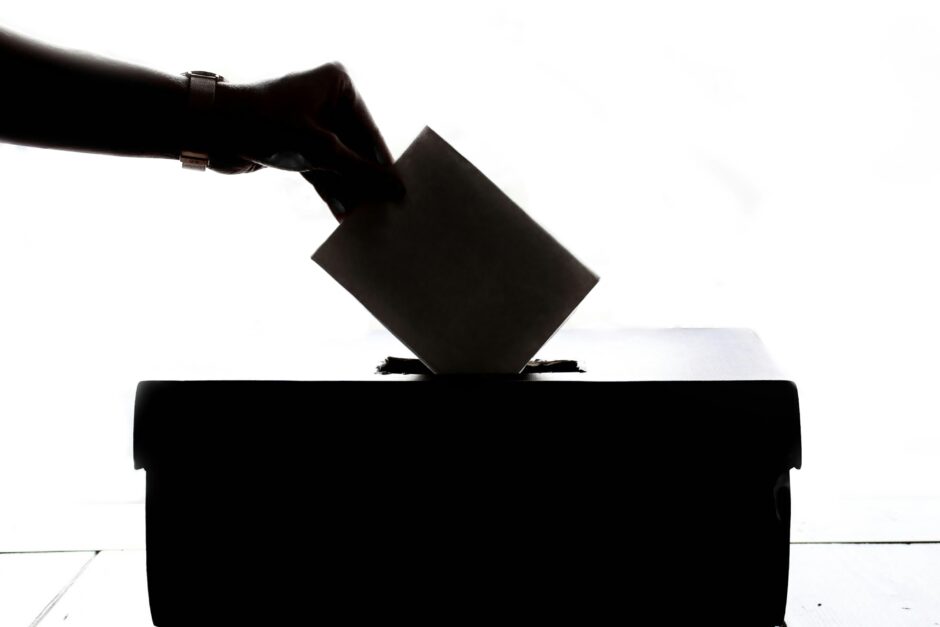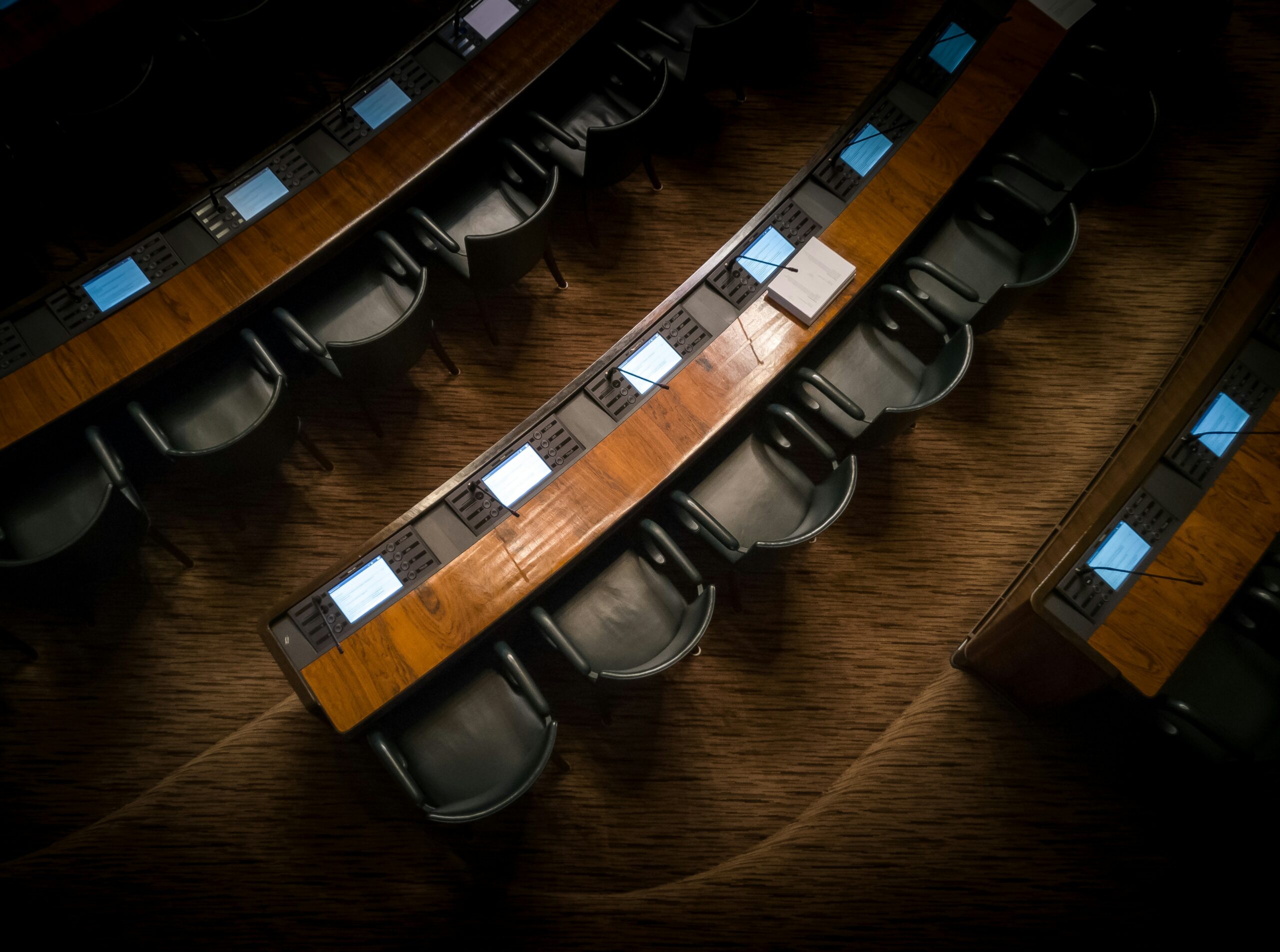In 2024, a significant number of national elections are taking place globally. At least 64 countries, along with the European Union, representing almost half of the world’s population, will be holding national elections, with the results of these elections having a huge impact on the future of these countries and democracy itself. Portugal has recently concluded its legislative election, Finland has concluded its presidential election, while the rest of the European Union is preparing for the European Parliament elections next summer. Many countries outside of Europe, such as India and Mexico, are also getting ready for their elections. The large number of elections has created the need for excessive media coverage, and the public will not only settle to use the traditional media. Social media, in particular, is becoming a vital part of the election media ecosystem and therefore gaining a lot of attention. Thus, discussing the relationship between social media and elections has become more relevant than ever. Are politics shaping social media or has social media snatched the steering wheel from the hands of the political elite?
The relationship between the media system and politics has always been a close one, as their relationship has always been at the state of flux. Recently, it is starting to feel that this relationship has been changing faster than ever. For instance, in the Nordic region, the circulation of party papers has declined over the past few decades, while the media has gained more power over institutional politics. In this context, media does not only refer to traditional media, but also social media, which has become a crucial new channel for presenting news and informing the public. Social media has connected global societies more than ever before and provided new means to gather information. However, with great power comes great responsibility, and social media can be used in ways that are destructive for democracies. Is social media empowering new voices to enter the political arena? Or is social media just a playground for trolls and propagandists whose actions endanger citizens’ chances to act in an informed fashion?
Defending the Old and Powerful?
Some techno-optimists hope that developing media would make citizens more equal by providing new ways to participate within a relatively cheap price range. Is social media making politics more equal by giving a voice and new tools for harnessing power to those who have previously been excluded? That is an overstatement. The same tools for creating political narratives and shaping public opinion will also fall in the hands of the political elite and their political advisors. The well-funded political elite can run more efficient campaigns through the use of algorithms and big data. A single political newbie may be able to utilise digital platforms, but probably not on the same level as a politician with their own team of media and communication officers, who also have know-how to create more hybrid strategies by combining social media strategies with traditional media and marketing strategies. These strategies have become even more important during the era of high information flows, when politicians need to fight for the attention of citizens.
As citizens, we are constantly bombarded with news and other forms of information. Today, information spreads faster than ever, and it does not matter whether it is true or not. Even if the information is true, the negative tones of communication will be enforced, which creates bleak images in our mind. Naturally, more negative information may be a fair criticism, however some messages are just attempts to assassinate someone’s character. It should also be noted that social media and user-generated content blur the line between fact and fiction, which raises concerns about the post-truth era in modern societies. This development gives those in power a chance to dispute legitimacy of election results. Who could forget “Stop the steal” tweets from not so long ago. Unfortunately, both domestic and foreign operators are interested in attempting to manipulate voters and sow distrust, making election discourse more volatile than ever. If the modern political landscape favours the old and powerful in such a forceful way, do the newcomers even stand a chance?
Helping the Newcomers?
For some, politics and especially political power may seem synonymous with money. Luckily, influence, along with power, does neither necessarily require extensive relations with journalists and publishers, nor pricey political advertisements on traditional media. Of course, it does not mean that money would hurt campaigning. Platforms like X, Facebook, and TikTok can provide candidates with the required exposure and opportunity to directly engage with voters, and address pressing issues in real-time, enabling candidates to connect with constituents across demographic divides and geographic boundaries. However, it should be underlined that traditional campaigning across the region or country also needs logistics and financing, which the new candidate may be lacking, but social media is a great place to start engaging with voters. If one wants to become a politician, advocating policies and engaging with possible voters are not enough. Aspiring politicians should be able to craft a well made personal brand, mobilise voters and start fundraising, but how does that work in the age of digitalisation?

The digitalisation of communication has changed the strategic aspect of campaign communication. At the heart of campaign communication in more individualistic countries is the public persona of a candidate. Social media is giving new channels to create more curated personal brands and some candidates may even create their persona before running for an office to look more authentic. Personal branding is not the only factor to consider. Social media platforms offer new ways to generate grassroot movements and mobilise volunteers, making newcomers less reliant on party support. Online communities can also help with financing through crowdfunding campaigns. In theory, this environment should lead to more of a bottom-up approach to political engagement. It amplifies the voices of ordinary citizens and reduces the influence of money and special interests in the electoral process. However, it is important to note that democratic systems can vary significantly, and personalization of communication does not necessarily mean personalization of politics, even if the media has gained power over the political system.
More (Dis-)informed Citizens?
At the heart of democracy, the idea of a rational informed citizen can be found. Elections and media should provide necessary information for the voter so they can vote in their own interest. The changing media environment is threatening this very foundation of democracy. The emergence of disinformation campaigns and fake news on social media platforms has become a threat to democracy. Such malicious acts are eroding political processes, including elections. Political actors are exploiting online platforms to spread false information, create discord, and undermine the credibility of democratic institutions. With the help of AI, deep fakes and memes, these actors of discord will keep attacking democratic processes. It remains to be seen how these attacks will evolve in upcoming elections and beyond. Has this affected the political discourse surrounding politics?
It is almost impossible to follow politics without hearing the word “polarisation”. Polarisation is affecting our communities by juxtaposing various demographics. Discourse has also become more volatile due to polarisation. Echo chambers and filter bubbles, created by algorithm-assisted selected exposure, have constructed the ideal environment for misinformation to grow and become a current societal issue. Those who may have diverse media diets may keep themselves informed by consuming opinions “from the other side of the aisle”, but at the same time, some biases in other demographics will increase. This development will keep fragmenting the public discourse and erode the very base of dialogue between different communities along with endangering the deliberative aspect of democratic societies. The election will move from moments of rational debates to cold processes which justify the existence of the new (and probably old) government.
As we approach the election year, we cannot underestimate the impact of social media on the electoral process. With national elections taking place across the world and the media landscape rapidly changing, the power of social media cannot be ignored. While digitalisation offers new opportunities for political newcomers to connect directly with their constituents, mobilise grassroots movements and challenge the status quo, we must also acknowledge the risks. Social media can be a double-edged sword, giving more tools to those who want to undermine democracy, but also giving the public more ways to participate and allowing new voices to be heard. As we navigate these challenges, we must remember that there are no easy solutions. However, by recognising the power of social media and using it responsibly, we can help ensure that democratic societies remain strong and vibrant.


